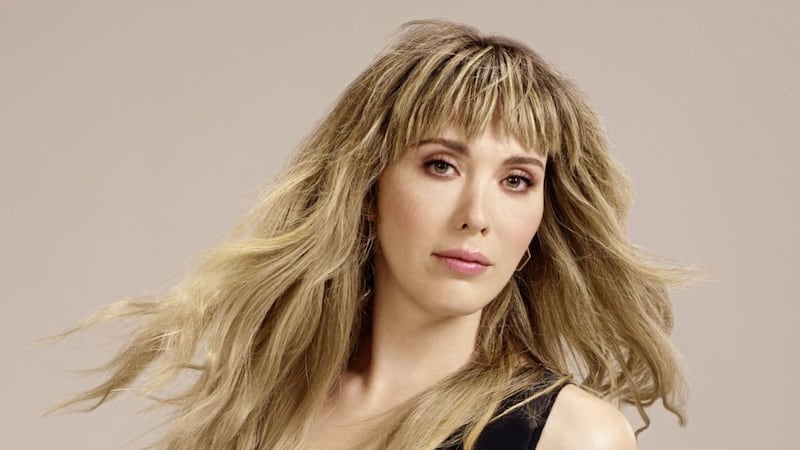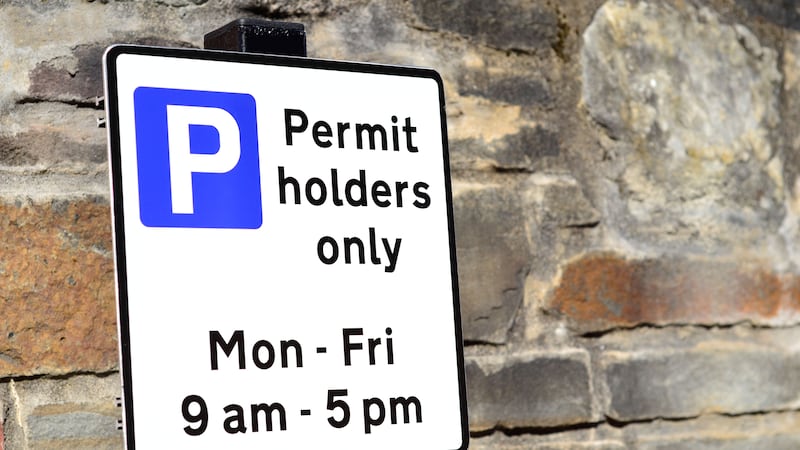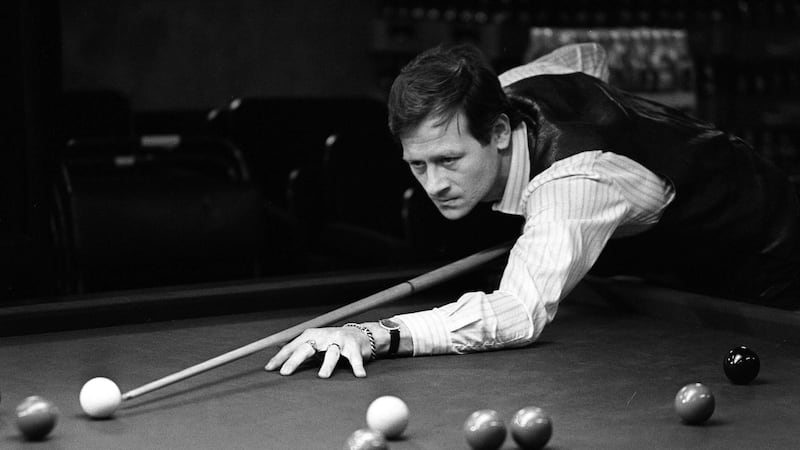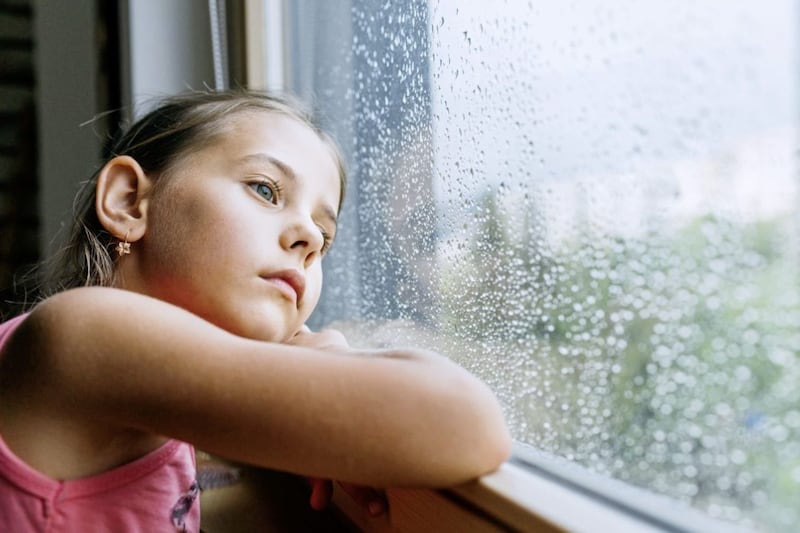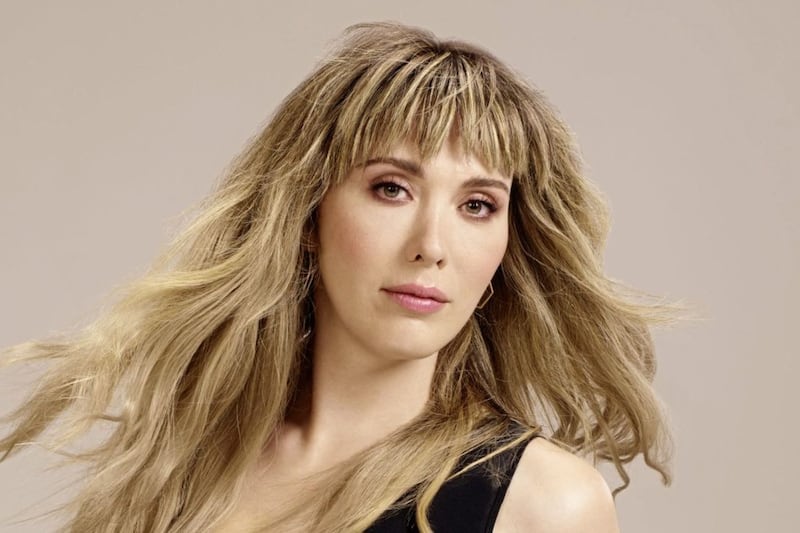TRANSGENDER Awareness Week begins on November 12, bringing an opportunity to shine a light on the issues faced by young people in the transgender community – and it leads up to Transgender Day of Remembrance on November 20, which memorialises those who have died as a result of transphobia.
In June, the BBC reported an 81 per cent increase in transgender hate crimes – something Stonewall attributed to rampant transphobia, but the Home Office said was largely due to 'improved reporting'.
However, for trans activist Paris Lees, awareness isn't actually what the community needs most.
"When I first burst onto the scene a few years ago, the biggest issue we were talking about was ignorance," Lees explains.
"I think that's changed – there is a lot of ignorance around, but what we're dealing with now is people being unpleasant to trans people not because they haven't thought about the issues, but because they have thought about the issues.
"I think that's a really new and insidious threat that we're dealing with."
Even though an event like Transgender Awareness Week aims to bring positive attention to the community, Lees says: "In many ways, I think no, we don't just want awareness. Awareness by itself is not necessarily a good thing if you have awareness plus hostility."
That's why she thinks it can be a "double-edged sword", but also acknowledges the importance of trailblazing trans people doing amazing things in the public eye, like actor Laverne Cox being the first openly transgender person to be on the cover of Time magazine and even Lees herself becoming an ambassador for cosmetics brand Pantene.
"That's really inspiring to me and it's inspiring to young trans people, because they can see that actually their lives don't have to be awful," Lees says.
"I grew up thinking my life was going to be awful – isn't that sad?"
This is why she speaks so candidly about her past and the issues facing trans people, and why she wants to shine a light on the pressing issues:
"I want to talk about the fact that nearly half of young trans people in this country have attempted suicide."
For Lees, the most important thing we can do at the moment is make sure we're taking care of young, vulnerable kids. She calls for every school in Britain to have a "robust bullying policy".
"No kid should be afraid to go to school because they're worried they're going to be picked on and beaten up and made to feel like they don't want to live. That's what happened to me, that's my story, and it's still happening in 2019.
"We need to make sure we're looking after those kids and they're safe and not bullied, because they're highly vulnerable."
Lees also emphasises the importance of safe spaces for transgender and non-binary people.
"I remember when I first transitioned I felt really anxious walking into a hair salon," Lees says.
"You have to make yourself quite vulnerable when you've got your head back in the sink, don't you?"
It's for this reason Kristin Rankin set up the Dresscode Project, which helps hair salons and barbershops become gender affirming and open to people in the LGBTQ+ community. Lees loves the concept.
"Anything you can do to make people feel a bit more comfortable and welcome within society – I think that's a really great thing."
Lees wants to give out a message of positivity and asks young trans people "not to give up hope". It's particularly personal for Lees, who has in the past considered suicide.
"What I would say to anybody who's having a tough time: Please don't do it," she says.
"It does get better – yes, it can get worse before it gets better, I'm not going to sugarcoat it, but it is possible to feel happy. I was depressed for years and I just don't feel like that any more."
Maybe instead of awareness, on November 12 trans people need to hear this from Lees: "It takes a lot of work, a lot of therapy, a lot of forgiving yourself and a lot of forgiving other people, but it is possible to reach a better place. So I just say: Don't give up hope."
